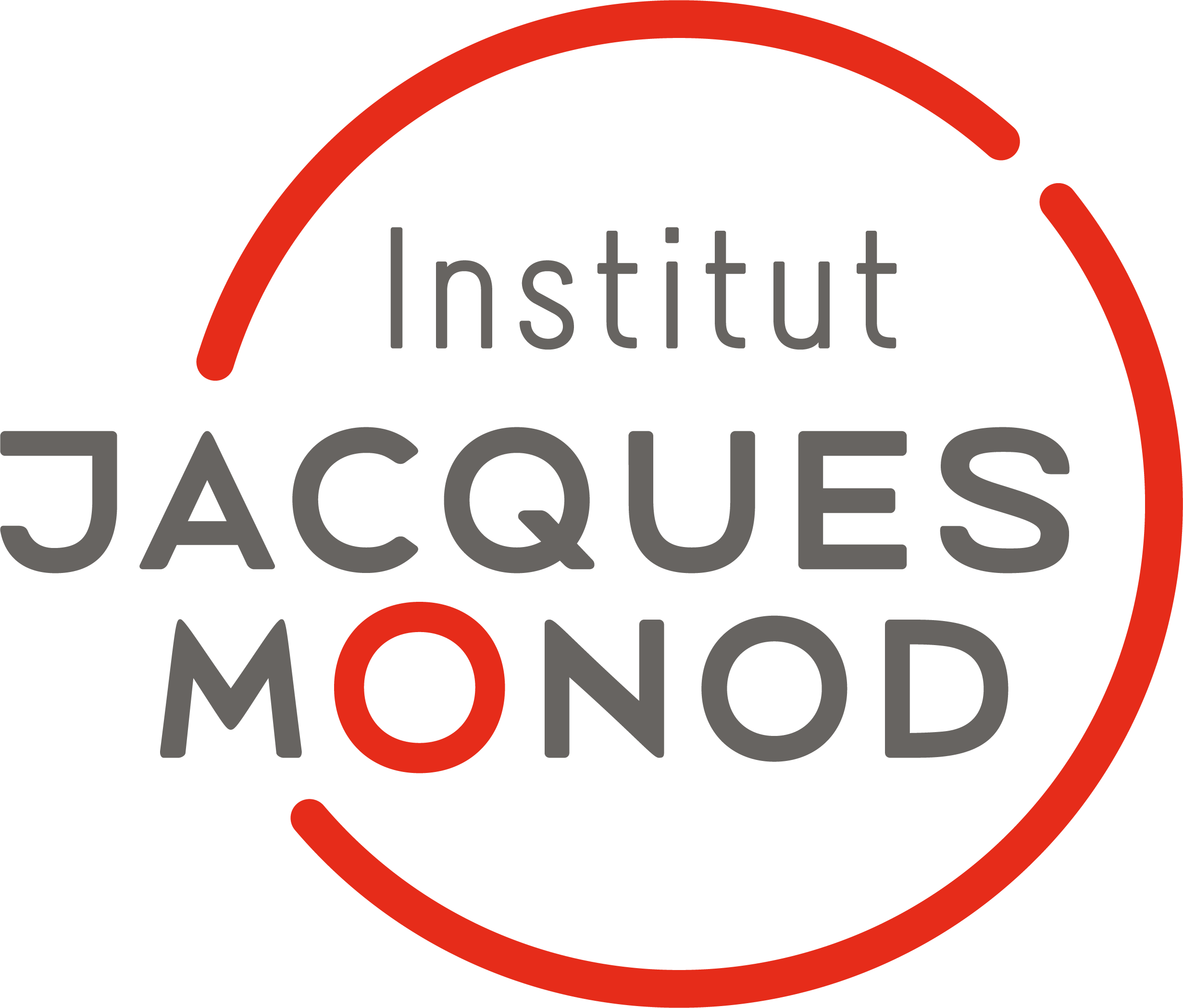Contract Period : 36 months
Expected date of employment : 1 September 2024
Apply before Monday, April 29th 2024 : https://emploi.cnrs.fr/Offres/CDD/UMR7592-PAUCON-006/Default.aspx?lang=EN
Missions
We are recruiting a postdoctoral researcher to investigate how microtubule nucleation is regulated in the context of neuronal development within Drosophila. The recruited postdoctoral fellow will use powerful genetics and advanced cell imaging of neurons in situ. This project will be financed by an Impulscience grant, which runs until June 2029.
Activities
The postdoctoral fellow will be using Drosophila as a model organism. They will be managing Drosophila stocks and setting up genetic crosses to generate new stocks and to perform experiments. They will perform dissections and mount samples for imaging on a new high-end spinning disk microscope with laser ablation, FRAP and TIRF functionality. They will be required to manage and interpret the data they produce and disseminate their results in team meetings and at international conferences.
Skills
- PhD in an appropriate subject area (or close to obtaining the PhD)
- Knowledge of the publication process, with the candidate having published or be near to publishing at least one first author research article.
- A good level of English is essential i.e. to be able to follow and lead team meetings in English
- A strong background in cell biology
- Knowledge of either neuronal biology, the microtubule field, or experience with Drosophila
- Good interpersonal skills
- Good communication skills
Work Context
We study how cells control microtubule nucleation and organisation in order to generate specialised microtubule arrays, such as the mitotic spindle or the polarised microtubule networks within neurons. We focus on gamma-tubulin ring complexes (g-TuRCs), which template and stimulate new microtubule formation at microtubule organising centres (MTOCs), such as the centrosome or Golgi. The lab primarily uses Drosophila as an animal model system and we span scales, relating the molecular structure and composition of g-TuRCs to their recruitment and activation within cells. The IJM is situated in the heart of Paris and offers state-of-the-art facilities and a dynamic research environment. You will be under the direct supervision of Dr. Paul Conduit, who is a group leader at the IJM.

